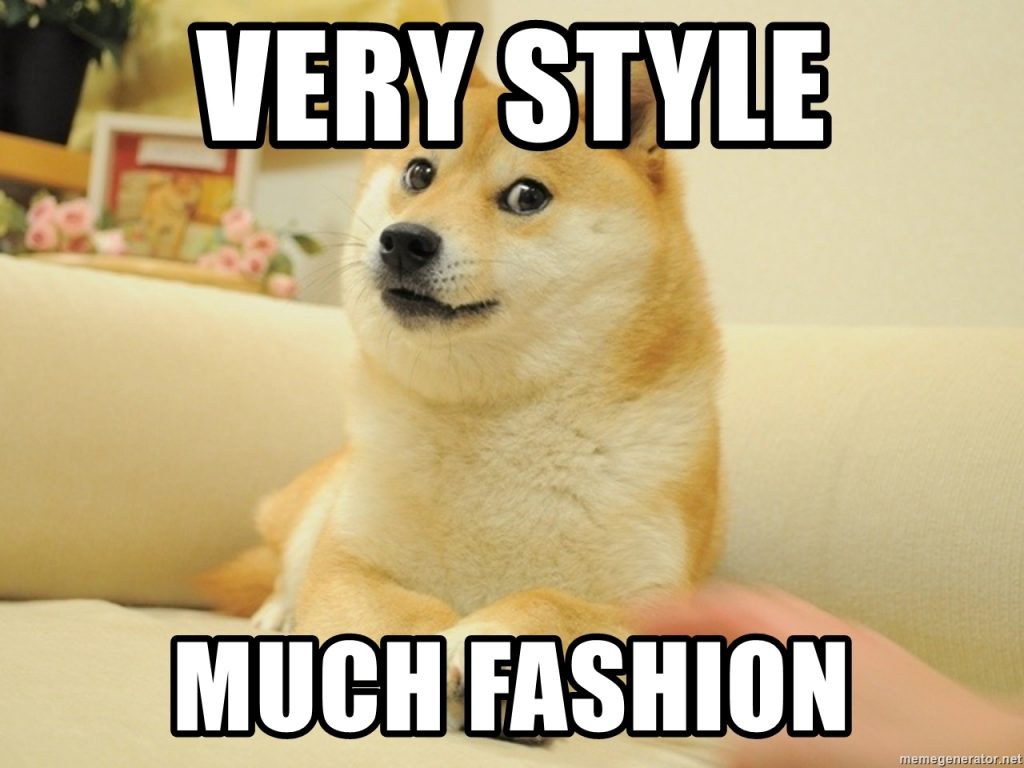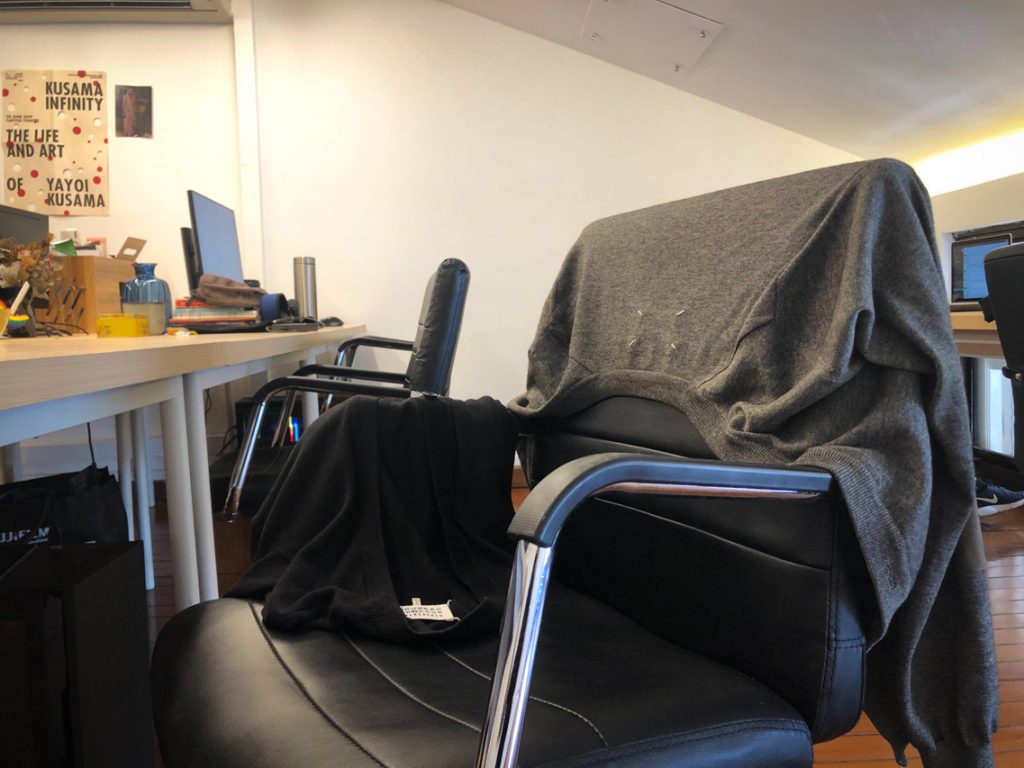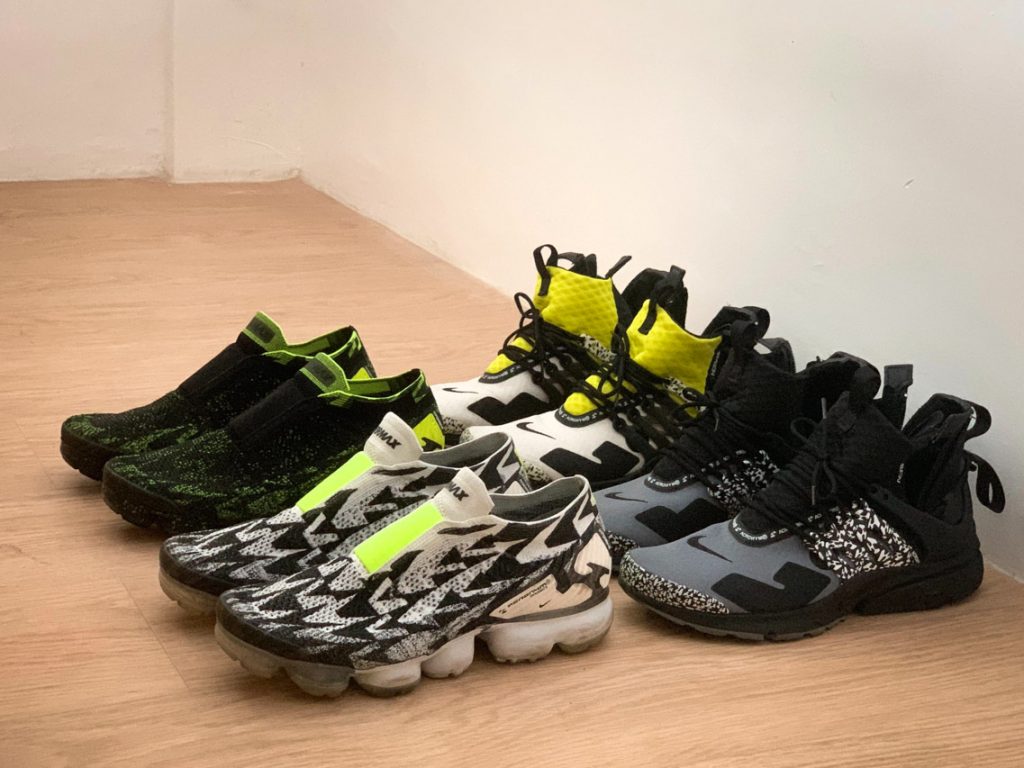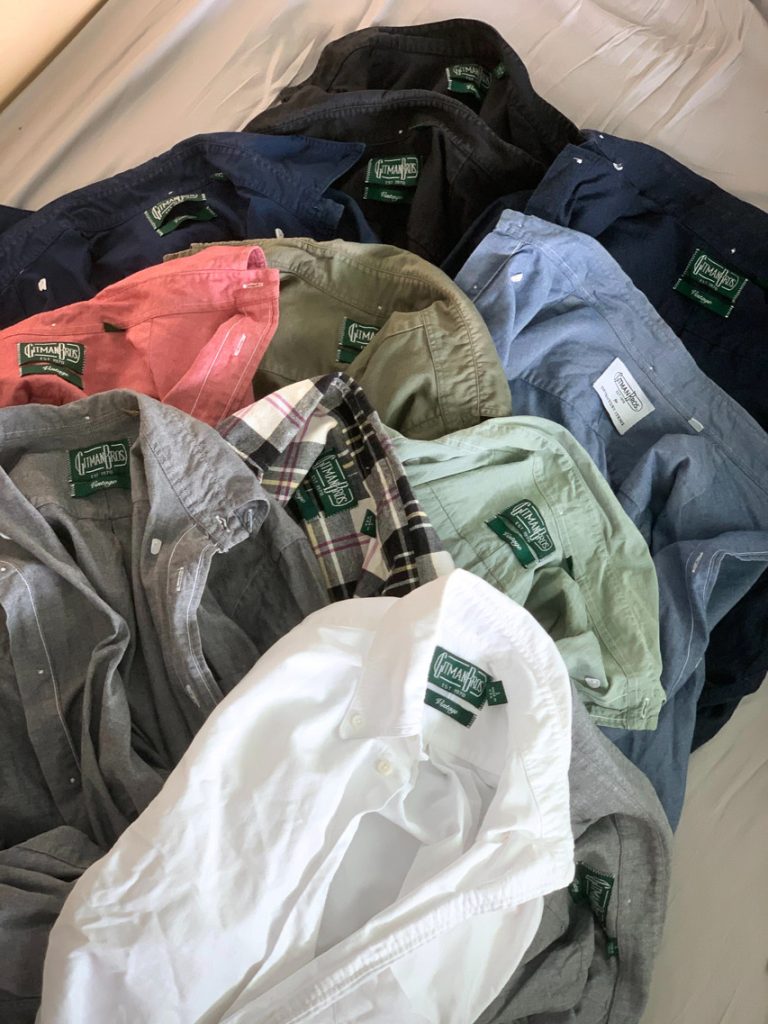Denial isn’t just a river in Egypt (“The Nile”), but a running theme in our lives.
While we like to think of ourselves as rational decision makers, 70-90% of us also think that we’re above-average drivers. In our own heads, our skills behind the wheel are simply 2 Fast 2 Furious. We’re Vin Diesels to everyone else’s Paul Walkers.
This is, of course, statistically impossible. We can’t all be above-average.
This same delusion applies to the way we manage money. On balance, some of us find it difficult to navigate between our short-term wants and long-term needs.
But it doesn’t have to be this way.
How Behavioural Science Can Help Us Manage Our Money Better
When it comes to money, not all of us have the discipline to track our daily expenses on a spreadsheet or app—and it would be unreasonable to expect all Singaporeans to do so.
This would be the equivalent of a skinny person telling others that it’s easy to keep their weight down. Just eat healthier and exercise more, they say, even though nobody asked for their kaypoh opinion.
So for the average Singaporean, is there any hope of escaping our own cognitive programming?
I asked Hayk Hakobyan, a Behavioural Science Expert and Partner at Vision Capital to find out.
“It’s not just a Singaporean thing. As human beings, we are all prone to many cognitive biases and social norms,” said Hayk. “Despite an initial commitment to do so, there are three main reasons why people don’t manage to save. They are: present bias, loss aversion, and inertia.”
In a nutshell:
1. Present bias is the tendency to settle for a small present reward rather than wait for a larger future reward. In other words, instant gratification.
2. Loss aversion means we prefer avoiding losses to acquiring gains. For example, in this recession, we might delay investing for fear that our investments will lose value in the short term.
3. Inertia is simply taking the path of least resistance: to do nothing and remain unchanged.
All of the above are psychological blind spots that we don’t necessarily realise we have, but are seriously preventing us from achieving our goals.
But according to Hayk, there is a way out.
“On an individual level, it’s about educating oneself and knowing which cognitive biases we are most liable to,” said Hayk. “As well as what social pressures are holding us back.”
To test this theory, I used Hayk’s expertise to evaluate two Slack conversations I had with my colleagues at RICE Media.
Conversation with Doge, Age 29, Rice Media Fashion Icon

Ivan: Everyone in the office says you’re both the cheapest and most impulsive spender in the office. How is this possible?
Doge: Haha ok, I’m not sure if I’m really the most impulsive spender, but everyone here thinks that because I spend quite a bit on fashion. I’m the only person in the office who wears designer footwear. And I have two S$500 cardigans rotting on my chair in the office for the past two months.
Ivan: lol

Ivan: Losing track of two S$500 cardigans sounds a bit impulsive. What about shoes? How many pairs do you own?
Doge: Wah, let’s just say 20 la. I’m too lazy to count.
Ivan: Sounds like you’re giving me the low estimate. Around how much do you pay for each pair?
Doge: On average? S$300 a pair hahahahahaha
Ivan: Bruh.

Doge: I don’t buy any general releases. Pretty much everything I own is limited in some way.
Ivan: Would you consider these shoes investments?
Doge: So here’s where I differ from the average sneakerhead: I actually do rotate and wear almost all of my stuff. I don’t consider them investments in the sense that I plan on selling them.
Ivan: Okay, so what makes you the cheapest person in the office?
Doge: I’m the cheapest person because I understand the value of money. I’ve lived through periods in my life where my house’s electricity AND water have been cut. We literally had to stockpile water in a huge bucket. So going through things like that really helps you respect the importance of money.
Ivan: Can you give me an example of something you’re frugal about?
Doge: Anything that’s one-off. I have extreme difficulty wrapping my head around meals that cost >S$50/pax. It’s like yo, that’s like, 3 tees or something. Or 4 pairs of boxers. But there’s an irony to this too because I order stingray when I eat cai fan. HAHA.
Ivan: How do you justify the stingray?
Doge: Shiok what. I’m a man who pursues hedonism. Or at least hedonism that’s in line with my weird value judgment.

Ivan: So how do you save money if you spend so much on clothes and stingray cai fan?
Doge: I do have some savings, but I don’t save consciously I guess. Just what’s left … yeah. Now that I think about it, not sure if my savings would be enough for unforeseen emergencies.
Ivan: Thanks, I think I have everything I need.
The Behavioural Science Solution: Doge Should Be ‘Paying Himself First’
Doge displays too many delusions to count, but his most notable cognitive bias is present bias – the tendency to feed his fashion addiction and stingray cravings in the short term at the expense of his longer term financial goals. Though he is concerned about a future with insufficient savings, his inertia is a stronger force and holds him back from taking action.
One way to counter Doge’s cognitive flaw would be for him to ‘pay himself first’. This means that whenever he receives a paycheck, a part of it should be transferred to a separate place. With this, part of his paycheck is placed safe somewhere else out of his main bank account (out of sight, out of mind). This will prevent Doge from drawing down his nest egg in a fit of fashion frenzy.

Conversation with Socially Awkward Penguin, Age 30, Rice Media Nihilist

Ivan: You told me the other day that you had a non-confrontational personality. In what situations are you non-confrontational?
Penguin: Yes. I’m non-confrontational in any situation where there are differing opinions. For example, if a group of friends wants to go to a certain place for dinner but I dislike the food, I’ll just tag along and agree to split the bill evenly, even if I don’t touch a certain dish because it’s … fried pork lard or something.
Ivan: Okay, so let’s say you’re out with a group of friends and the bill comes to an obscene amount. You’d just put your head down and pay it?
Penguin: Yeah, depends on the friend group too. Most of my friends are…high-income earners and they know I don’t earn much (sigh). So they’re usually quite sensitive.
Ivan: Does it impact you psychologically knowing your friends earn more than you?
Penguin: It used to, yes. Like one person already owns his own condo. But I have made my peace with it. I think. Or it’s self-deception. If so, please don’t unravel the lie I tell myself. I need it to live.
Ivan: Well, let’s talk about the money you do have. Do you worry about money often?
Penguin: I don’t. My only worry is suddenly being diagnosed with some serious critical illness and having no money. I also worry a little bit about retirement. But you have to understand: I’m not the typical person who wants to live a long life in happy retirement, etc.
Ivan: What’s the alternative?
Penguin: I don’t mind dying younger lol
Ivan: Hah?
Penguin: Nihilistic. If this conversation is veering off topic and existential let me know.
Ivan: No, I think it’s still relevant.
Penguin: So I suppose that’s why I don’t think much about money. Life is pretty pointless and I dislike capitalism. I don’t want to buy into the system, literally, even though, yes, of course, I have my consumeristic desires. But I think the whole system is broken and so I don’t invest much.
Ivan: So you don’t make any investments or save toward retirement?
Penguin: Actually, you know what – this might just be cognitive dissonance, a lie I’m telling myself because i’m lazy/incompetent/whatever. Even if there’s no inherent meaning to life, I should still be setting myself up for the future. Yeah, I should start…
The Behavioural Science Solution: Socially Awkward Penguin Should ‘Save More Tomorrow’
Like many others, procrastination is a real struggle.
While Socially Awkward Penguin recognises that he may be deluding himself by using nihilism as an excuse for laziness, this has not led to any concrete attempts to overcome his cognitive inertia when it comes to saving for retirement.
According to Hayk, this is where the behavioural science study ‘Save More Tomorrow’ (or SMarT)* designed by behavioural economist Shlomo Bernartzi and Nobel-Prize laureate Richard Thaler could come in handy. SMarT is a plan designed by these economists to combat inertia and procrastination among people who struggle to save for retirement.
Here’s how it works: Socially Awkward Penguin should commit in advance to allocating a portion of his future salary raises toward retirement savings. This should be a suitable percentage of his future bonuses and raises.
And before he jumps down my throat and reminds me that we’re in a global recession, my response would be “great, then you don’t have to do anything until the economy recovers and you get that raise or bonus.”
SMarT is the perfect plan for procrastinators. They won’t see any changes in their lifestyle today, but they will have to prepare themselves to put away any future earnings into a separate mental savings bucket.
* Thaler, R., & Benartzi, S. (2004). Save More Tomorrow™: Using Behavioral Economics to Increase Employee Saving. Journal of Political Economy, 112(S1), S164-S187. doi:10.1086/380085
Singlife: The Smarter Choice for All Animals
When it comes to money, we are all imperfect beings. There is always room for improvement and ways we can become more conscious of the social pressures and cognitive biases that hold us back financially. Only when we are conscious of these behaviours, can we find fixes that will cater to our strengths, while covering for our weaknesses.
Taking baby steps today can make a huge difference down the road. The best time to save is now.
And whether you’re ‘paying yourself first’ or ‘saving more tomorrow’ through the SMarT plan, the insurance savings plan Singlife Account offers a flexible and no-frills solution to grow your savings. It doesn’t take much to get started. Insurance savings plans like the Singlife Account allows us to start earning with a minimum of S$500, and we only need to maintain at least S$100 to continue earning returns.
You can easily manage your Singlife Account on the Singlife App, an application with a mobile interface so intuitive and easy to use that even the biggest of procrastinators can no longer complain about “tediousness” or the “slow” process inhibiting them.
Alongside that, with no lock-in and Fast and Secure Transfers (“FAST”), savers like Doge and Socially Awkward Penguin can withdraw funds to their personal bank account freely with no penalties.
Regardless of their differences in personalities, one worry both Doge and Socially Awkward Penguin have yet to act on, is the possibility of unforeseen critical illnesses and being unable to pay for themselves. Yet, with affordable insurance plans like Singlife’s readily accessible online, Doge and Socially Awkward Penguin don’t have to put in much effort or go through piles of paperwork—it won’t even cost them a big difference to take an important step. In fact, they can easily learn more and get a quote for a premium online to ‘check and see how’.
It’s truly the smarter choice for all animal behaviours.
The information is meant for your general knowledge and does not regard any specific investment objectives, financial situations or particular needs any person might have and should not be relied upon as the provision of financial advice.
All Singlife’s policies are protected under the Policy Owners’ Protection Scheme which is administered by the Singapore Deposit Insurance Corporation (SDIC). Coverage for your policy is automatic and no further action is required from you. For more information on the types of benefits that are covered under the scheme as well as the limits of coverage, where applicable, please contact Singlife or visit the LIA or SDIC web-sites (www.lia.org.sg or www.sdic.org.sg).
This advertisement has not been reviewed by the Monetary Authority of Singapore.
Information is correct as of 8 October 2020.







